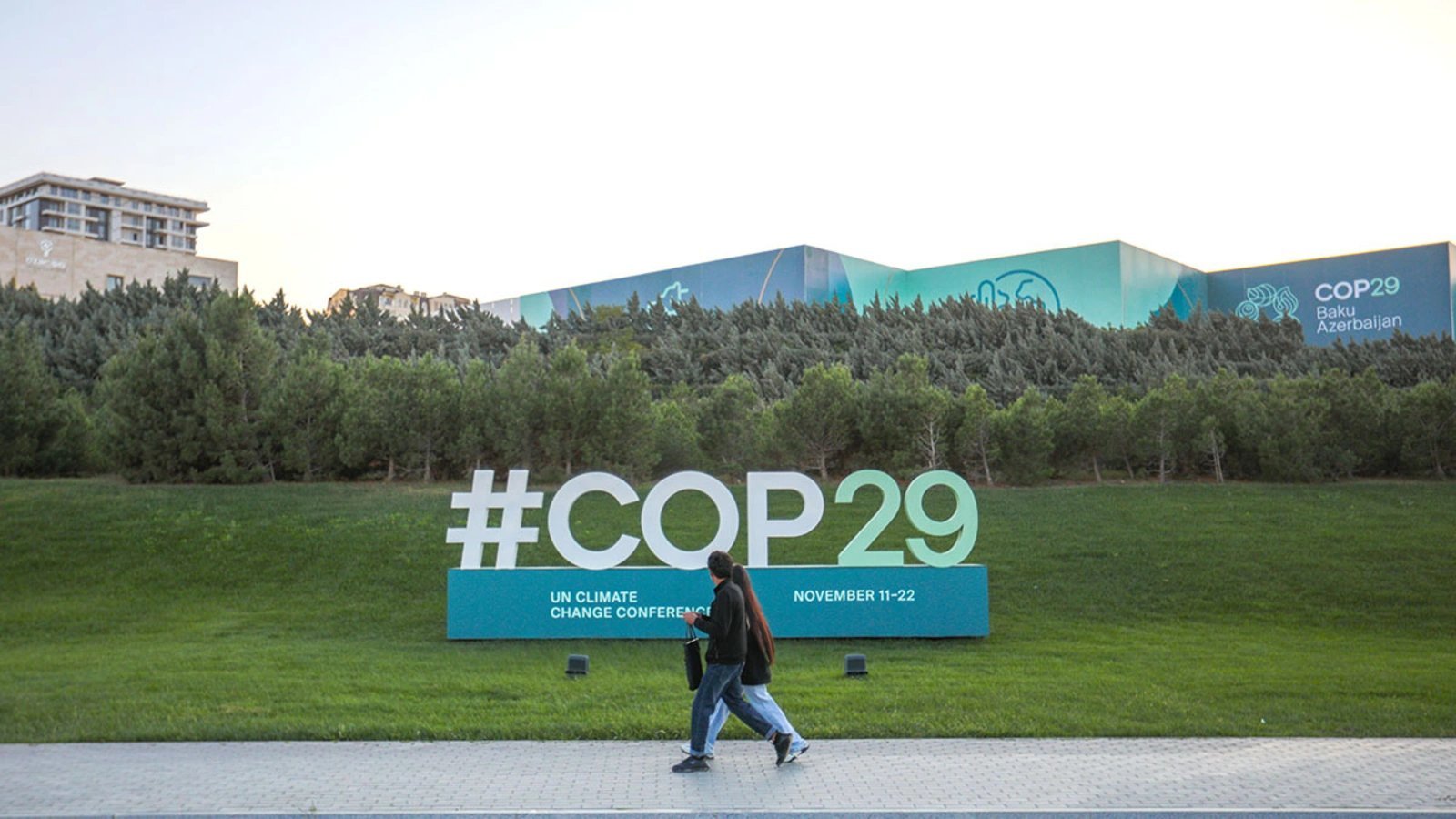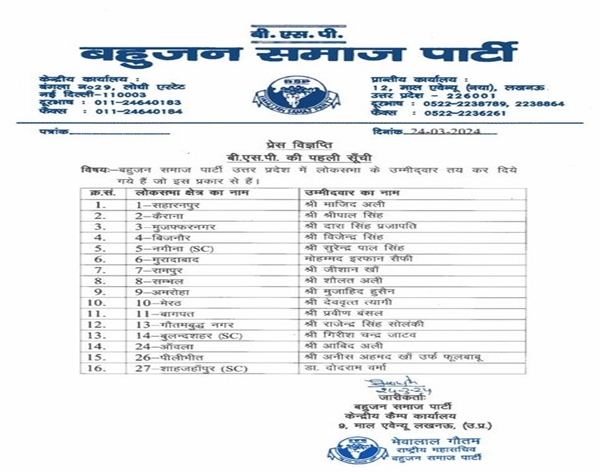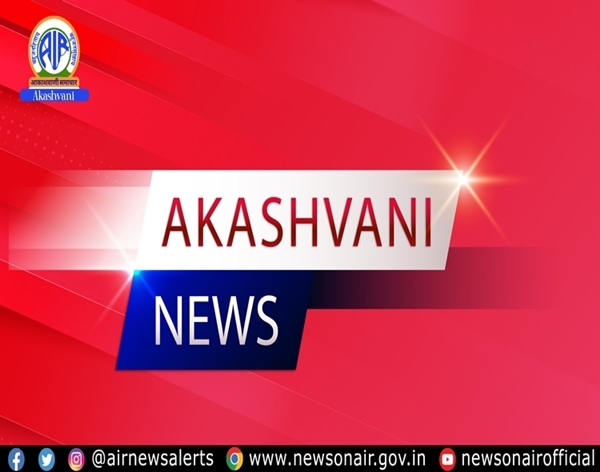At COP29 in Baku, Azerbaijan, world leaders agreed on the Baku Finance Goal, committing 1.3 trillion dollars in climate finance for developing countries by 2035. This includes a core annual target of 300 billion dollars, tripling the previous 100 billion dollars goal. Despite the progress, developing nations, including India, criticized the agreement as insufficient, calling for greater ambition to address urgent climate needs.
India’s Secretary of Ministry of Environment, Forest and Climate Change Leena Nandan, said, the goal is too little and too distant. She said, our estimate tells us we need to do 1.3 trillion dollars by 2030, yet we have only 300 billion dollars a year. She said, it does not address the needs and priorities of developing countries.
The major key outcomes of the Baku Finance Goal included, Finalization of Article 6 on carbon markets, potentially channeling 1 trillion dollars annually by 2050 and Steps to operationalize the Loss and Damage Fund, with distribution set to begin in 2025 with Commitments to enhanced transparency and adaptation measures.
COP29 President Mukhtar Babayev hailed the achievements as transformative, saying, billions will turn into trillions over the next decade. However, UN Climate Chief Simon Stiell acknowledged significant work remains, urging nations to strengthen their climate plans next year. Critics argue the agreement offers inadequate support to vulnerable nations. The summit concluded with calls to sustain momentum ahead of COP30 in Belém, Brazil, in 2025.















